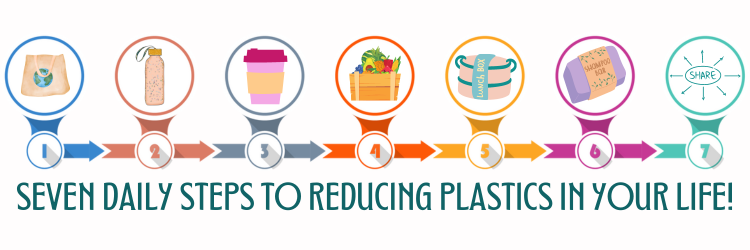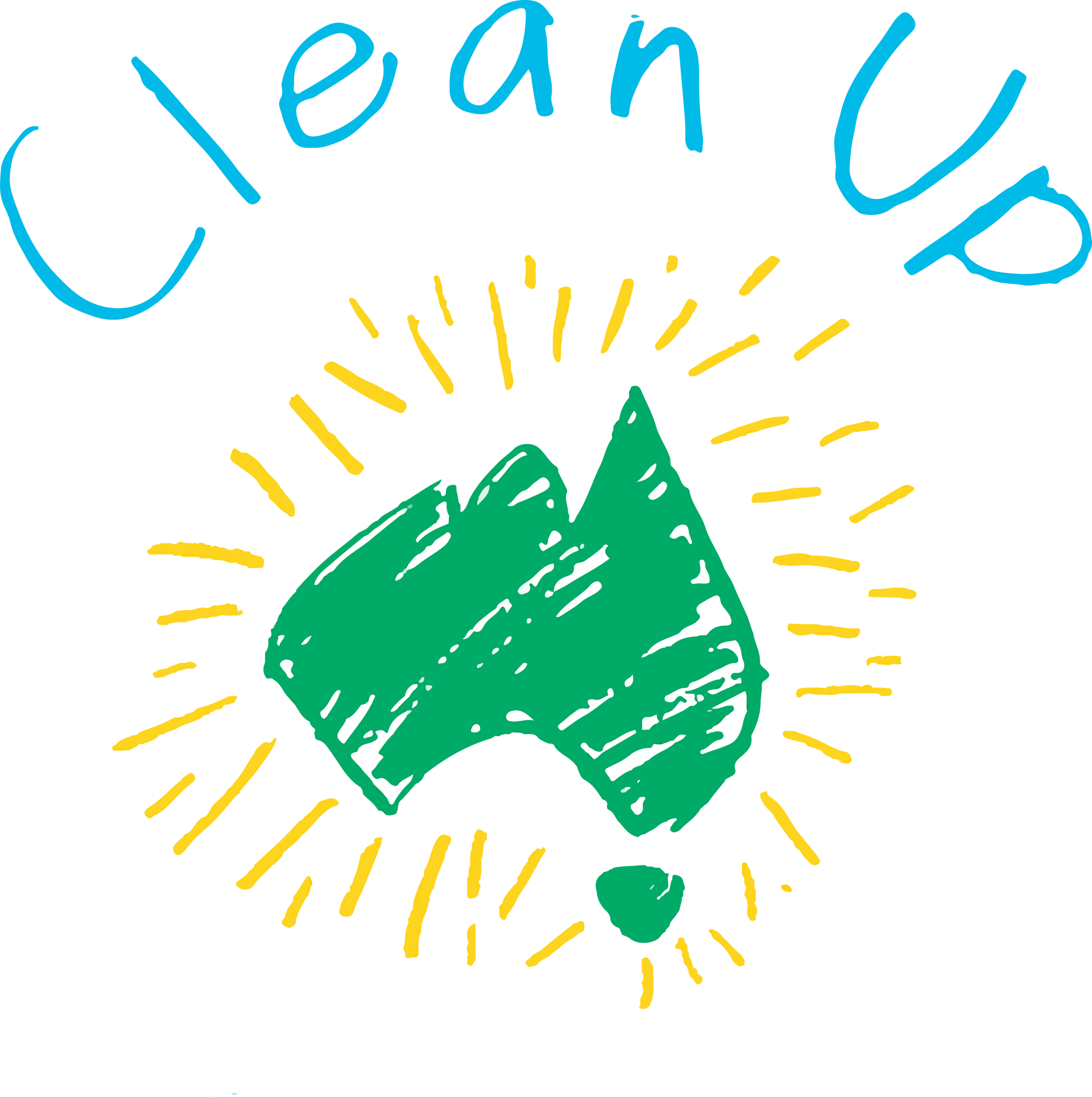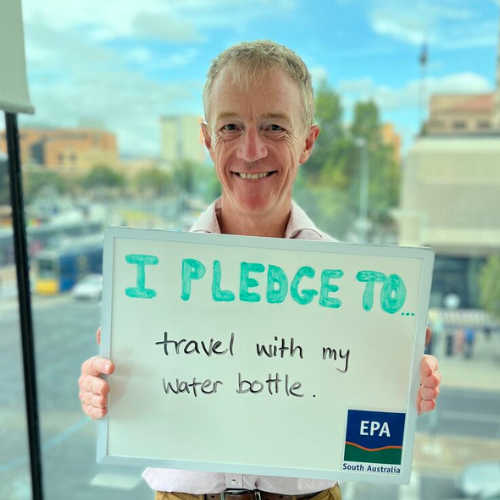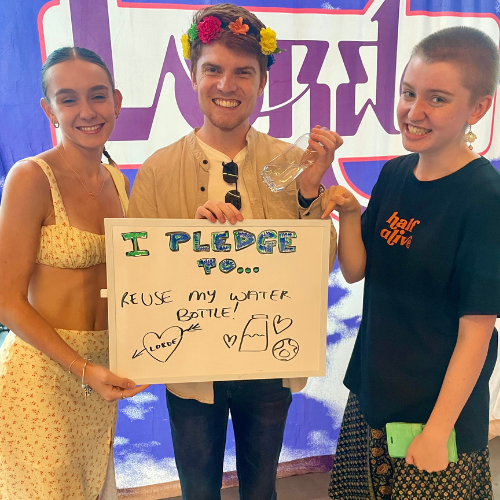Seven Daily Steps To Reducing Plastics In Your Life
Transitioning to a completely plastic-free lifestyle overnight would be a challenging feat for most of us! But what if we each took a small step each day towards reducing our plastic footprint? We could take a week to make a real effort to actively seek alternatives, reduce unnecessary plastics and make sustainable swaps.

Here’s seven simple yet effective steps you could take next week to minimise plastic in your daily life, and make a positive impact on the environment.
DAY ONE
Carry Reusable Shopping Bags: Plastic bags are one of the most common single-use plastic items. Get into the habit of carrying reusable shopping bags wherever you go. Keep a few sturdy, foldable bags in your car or by the front door so that you're always prepared.
DAY TWO
Say No to Disposable Water Bottles: Incredibly, Australia is home to the world's most expensive bottled water, and we have the second highest consumption rate per capita! Although most Australians can access extremely good, safe drinking water straight from the tap, on average, each Australian spent about $580 on bottled water in 2021, making it one of the most common and expensive single-use purchases in the country. Invest in a reusable water bottle and carry it with you wherever you go.
DAY THREE
BYO Reusables! One of the most effective ways to reduce plastic is by replacing single-use items with reusable alternatives. Plastic straws, utensils, and takeaway containers – especially coffee cups - contribute significantly to plastic pollution. Thanks to that thin plastic lining that makes them waterproof, most coffee cups can’t be efficiently processed in paper recycling mills, so the majority are incinerated or sent to landfill. And when people erroneously place coffee cups into recycling bins, it can contaminate the higher value plastic that can be recycled; often meaning the whole load has to go to landfill. It's estimated that up to 90% of single-use hot beverage cups end up in landfill - equating to around 60,000 kg of plastic per annum.
DAY FOUR
Opt for Plastic-Free Packaging: When grocery shopping, be mindful of the packaging materials used for your products. Choose to refuse pre-packaged meat, fish and deli products, particularly those sold on polystyrene trays. Buy loose fresh produce and look for items with minimal or no plastic packaging and keep an eye out for the Australasian Recycling Label which tells you how to correctly dispose of each part of the packaging.
DAY FIVE
Choose Non-Plastic Food Storage: Consider using glass containers, stainless steel lunchboxes, and beeswax wraps for storing and packing food. A popular solution is the tried and tested upside down plate on a bowl and many people find reusable silicone bowl toppers to cover food in bowls, pots and pans a useful option. Similarly, opt for glass or stainless-steel containers for leftovers and lunches instead of single-use plastic containers.
DAY SIX
Choose Plastic-Free Personal Care Products: Keep an eye out for plastic-free alternatives in the form of bamboo toothbrushes, shampoo bars, and safety razors. Or at least make sure the plastic bottles you buy are made from recycled not virgin plastic, and are able to be recycled. There are many reusable alternatives to single-use sanitary items, including menstrual cups, period underwear and washable cotton pads and liners.
DAY SEVEN
Spread Awareness: Last but not least, spread awareness about the harmful effects of plastic pollution and encourage others to join you in reducing waste. We don't need a handful of Aussies doing zero waste perfectly; we need millions of Aussies doing it imperfectly! Together, we can create a collective impact and inspire positive change on a larger scale. Every small action counts, and thousands of small steps make a big difference - together we can all be part of the solution.
Take a pic and tag @CleanUpAustralia or email it to us so we can include it in our community gallery!
Remember, it’s all about starting small but aiming big and to keep you going beyond a single week we’ve got even more handy tips to share:
Search for other blog topics:










